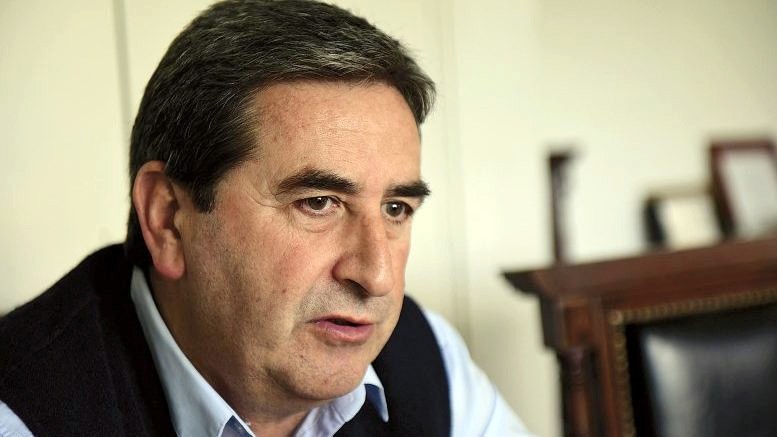In an exclusive analysis for Yogonet, the consultant and former Uruguayan gaming regulator, Luis Gama, provided an update on the situation of online gaming in Uruguay and expressed his disagreement regarding the splitting of the regulation of this segment into two regulatory entities, one for casino games and the other for sports betting.
“A few months ago a bill entered the National Parliament, which proposes to regulate online casino games, an activity that will be provided through the General Directorate of Casinos. At the same time, there is a permit granted to a local private operator to operate Internet sports betting, an operator that acts under the control of the National Directorate of Lotteries and Quinielas”, Gama explained.
“I think that putting on the table a project related to gambling is a good thing because it is an opportunity to debate about gambling as a whole and the online modality in particular. The State holds the monopoly of gambling (in Uruguay), and it is its responsibility to resolve all matters related to its regulation”, the international consultant added.
“Let’s agree that online gambling, with or without regulation, is operating in our countries, and what should be done is to carry out the corresponding mechanisms to regulate it accordingly, and to have control of it in a frontal fight against illegality. To ignore this is to turn our backs on reality”, said Gama to Yogonet.
“Some actors affirm that to implement and resolve the regulation of this modality does nothing else than to encourage gambling, as if the action of regulating implied that gambling would be installed, from that moment on, in an automatic way. This is a very wrong statement, which reflects a great lack of knowledge or a particular and not collective interest”, he commented.
“In my opinion, the project has great weaknesses,” Gama said. “It does not order and regulate online gaming as a whole, but aims exclusively at the online casino gaming activity, assuming, therefore, that gaming related to sports betting has already been resolved. Besides, it is contradictory in that online casino games would operate under the orbit of the General Directorate of Casinos, and sports betting operates under the control of the National Directorate of Lotteries and Quinielas; two Executive Units dependent on the same Ministry, acting as regulators of online gaming in a partial manner”, Gama explained.
“There is no precedent of online gaming being regulated by two separate organizations, given the complexity of its operation and the fact that the objective criteria, the working methodology, and the responsible gaming policies to be applied could differ substantially from each other, with all the consequences that this would entail. Likewise, it is paradoxical that while one part of the online gaming sector will continue to operate as a monopoly, the other part will operate under a certain number of licenses to be awarded”, he added.
“It is, in our opinion, an issue to be reviewed. Monopolies in the activity do not help to build a good gaming offer and, consequently, do not meet the demand required by players. A very restricted regulation may provoke a displacement of gamblers towards unauthorized gambling. For this reason, there is currently not a single bill in the region related to the operation of online gambling that proposes the possibility of awarding a single license. In Chile, Brazil, and Peru, the proposal is to grant an unlimited number of licenses, and, similarly, Colombia and the most important lotteries of the Republic of Argentina have decided to do the same. Outside our region, Spain decided to do the same”.
“Some tend to think that a greater offer in online gambling is equivalent to the promotion of it. I have a contrary opinion to this, as I affirm that gambling is already present, and what the State has to do is offer an important range of options so that the player does not resort to unauthorized gambling. We must aim at substantially improving the quality of the offer. Otherwise, we would be going the wrong way and the results would be very negative for the activity”.
“Responsible gambling and communication policies must be established in order to safeguard the interests of citizens, focusing especially on avoiding compulsive gambling and minorities”, commented the consultant.
“All the actions must be carried out from a powerful, solid, professional, and mainly updated organizational structure with the new objectives. For this purpose, the bill submitted to the National Parliament, dated October 19, 2015, should be taken into account, where -among other issues- the institutional reorganization of games of chance is proposed, clearly separating the functions of regulation and control of the direct activity of operating them. It is necessary to work hard so that the player may meet his entertainment needs in regulated gaming. The great challenge for the State will be to adapt its offer to the gamblers’ requirements. The collective interest must prevail over the particular”, Gama concluded.



